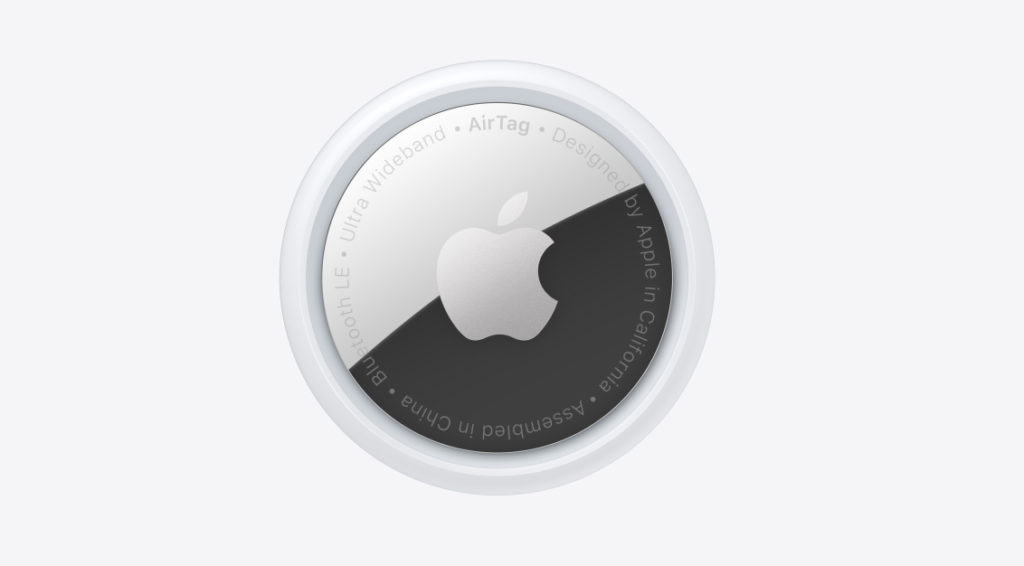I love that if the phrase “going commando” means anything to you, it’s because of Friends. One joke in one episode of one sitcom has had major repercussions. (And if you just saluted military man Major Repercussions, we can thank the writers of How I Met Your Mother.)
But that’s not why we’re here. I want to boast at you about my fantastic writing – and then puncture that with the truth. I learned a lesson this week and I think it is so key that I would have vowed to you that I learned it two decades ago plus I’ve practiced it daily since then.
Yet apparently not.
The lesson is that writing can be extraordinarily concise, that you can do a huge amount in an instant. And that since you can, you must. You’re talking to a fella who wrote for BBC Ceefax, the news service that makes Twitter seem spacious, and I’m still learning to be more concise.
Actually, let me quickly throw in this, let me say “here endeth the lesson” because a) I’ve always wanted to write those words and 2) I want to tell you a Ceefax story that has just popped back into my head. (The a) and 2) line comes from Paul Reiser and other writers on Mad About You. This is also not what we’re here to talk about.)
Anyway. On one of my earliest days on the Ceefax Entertainment desk, I was assigned to write the Blue Peter pages. I can’t remember the details now, but it was something about how every episode the children’s series then featured various things you could make and Ceefax ran around a dozen pages detailing it.
Being new and not knowing any better, I wrote it all in two pages.
I can see my editor standing over my shoulder with the printed out email from the Blue Peter office, pointing at some detail and saying “But what about this – oh, that is in there.” It all was. Given that I am now starting to drag this story out, I maintain that I am Mr Concise.
Except I do a weekly YouTube series called 58keys and I script it. I’m a scriptwriter, it’s what I do. And this week’s edition had a lovely title that I planned –– “Looking for AirTags in All the Wrong Places” — plus a lesson I didn’t.
AirTags are this new teeny tracker you put on your keyring or in your car or on your luggage. If you lose the keyring, the car or the luggage, your iPhone will tell you precisely where they are. Under the right conditions, precisely means really scarily precisely.
So I know this is an obvious gag, but I scripted an opening where I “lost” an AirTag and then had to go searching for it. Here’s what I scripted for the opening 50 seconds or so, including titles.
INT. OFFICE – DAY
ME: Right, two things to say. First, hello, I’m William Gallagher and this is 58keys which is for writers like you and me who use Macs, iPhones and iPads. Do subscribe. Second, AirTags. Just buy one.
HOLD UP EMPTY AIR
ME: “Get an AirTag and you will never again lose – well, anything.” [“REALISE” YOU DON’T HAVE AN AIRTAG.] Oh.
EXT. GARDEN – DAY
Crawl commando-style over the grass, using your iPhone to find the AirTag on your key ring.
– SHOT ONE: your keys in the grass. Then iPhone with “Here” and you picking them up
– SHOT TWO: commando-style close up of you hunting
– SHOT THREE: overhead view of you picking them up
That’s pretty concise. But the way I set it up, the first thing I filmed out in my garden was Shot Two. I filmed that, then I was on my back, squinting in the sunlight as I checked what I’d got –– and I knew.
I knew that I didn’t need Shot One. Or Shot Three. The whole story, the whole gag, was there in Shot Two and in fact in exactly five seconds from the middle of it. So I didn’t bother to film those other two shots.
You can watch it, you can see for yourself.
I hope you think it’s funny, I expect you’ll think I look like an eejit, but I know with total certainty that you will agree it does the job I set out to do. The script has one scene with three shots and a total of 278 words of description.
But I showed it all, conveyed it all in five seconds.
Another lesson I learned, incidentally, is that it’s surprisingly hard to do that commando-style crawl across your garden. I don’t see that lesson sticking with me as much as the concise writing one, mind.
